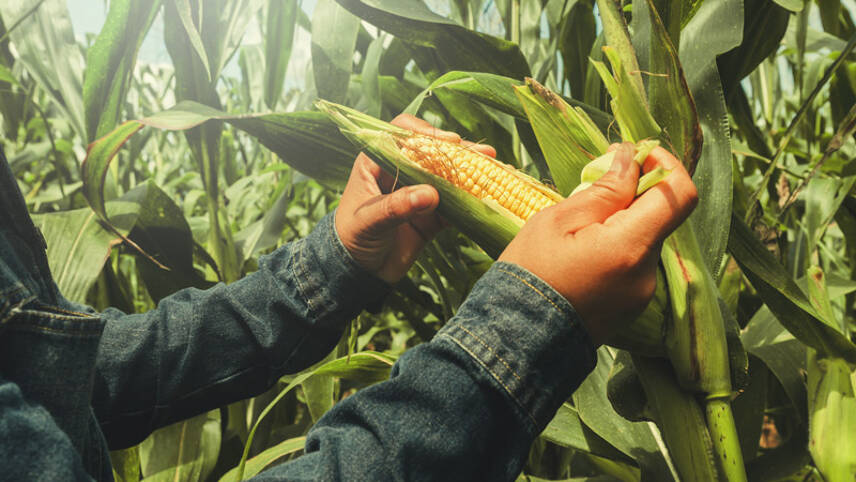Register for free and continue reading
Join our growing army of changemakers and get unlimited access to our premium content

The Regenerating Together framework and program aim to unite the food and beverage industry to bring about systemic change to global food supply.
The framework involves 30 agriculture cooperatives, industry players, and the 170-member SAI Platform, including Nestlé, Danone, Unilever, and PepsiCo, committing to a standard for regenerative agriculture.
SAI Platform’s director general Dionys Forster said: “With our Regenerating Together programme, we are proud to be driving collaboration across the food and beverage industry at what is a critical moment for the sector.
“Regenerative agriculture is the way forward to ensure productivity and farm ecosystem viability – we must act now and further transition towards farming practices that protect the future of our planet.”
The SAI Platform has worked with farmers, academic institutions, NGOs and businesses to craft an approach to agriculture aimed at mitigating and adapting to the effects of climate change.
The key objectives of the framework include improving soil health, supporting biodiversity, conserving water in the soil, reducing water consumption and prioritising the financial viability of farmers.
Moreover, the framework aims to empowers crop, dairy, and beef farmers to collaborate with supply chain partners to achieve outcomes in agriculture, enabling the industry to demystify “the often-ambiguous concepts of regenerative agriculture” into action at farm level.
The Regenerating Together framework will focus on four areas of impact including water, soil, biodiversity, and climate.
SAI has laid out four steps to guide the adoption of the framework encompassing risk screening assessment, outcome selection, the adoption of principles and practices, and the monitoring and assessment of progress.
The Regenerating Together framework will integrate into SAI Platform’s industry solutions, including the European Roundtable for Beef Sustainability (ERBS), the Farm Sustainability Assessment (FSA), and the Sustainable Dairy Partnership (SDP).
Unilever’s business operations sustainability vice-president Eric Soubeiran said: “SAI Platform’s Regenerating Together programme has grown from an industry recognition that we must evolve our approach to sustainable agriculture to continuously drive positive impact in our supply chains.
“We believe this framework sets a new standard for regenerative agriculture globally whilst providing the needed flexibility at farm level.”
Business giants fall short of necessary action
The report asserted that the absence of a universally agreed-upon definition for ‘regenerative agriculture’ and a lack of consensus regarding the precise goals that companies seek to attain through its implementation posed difficulties in substantiating claims related to regenerative agriculture, potentially exposing companies to regulatory risks and evolving reporting obligations.


A very promising technology is to combine Agriculture issues and the fight against climate change and to employ Agri-Photovoltaik.
This technololgy makes double use of the agricultural land using PV-modules above the plants thereby earning food on the ground and above generating solar electricity.
Rarely have I seen this well established technology mentioned as a technology to be followed.